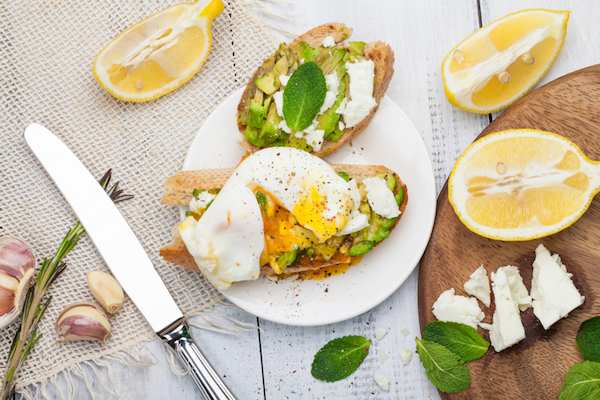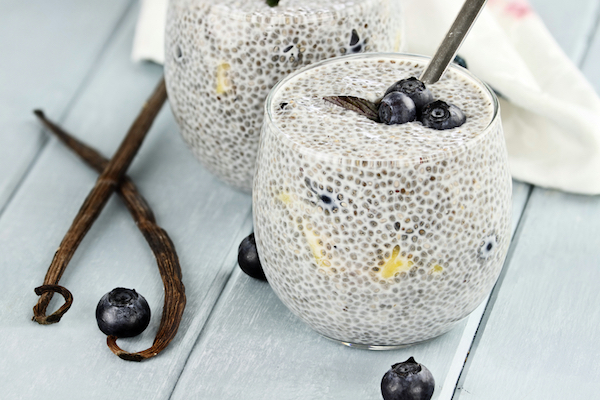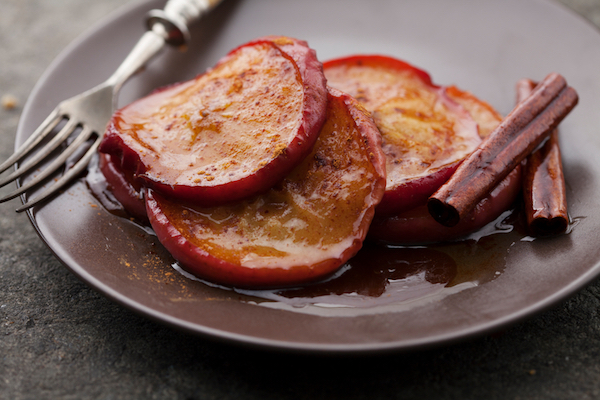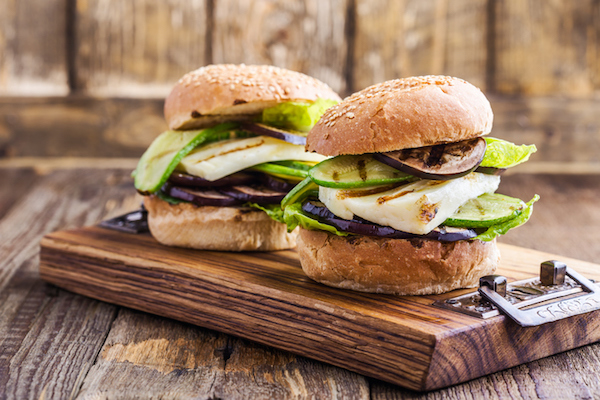
The Rundown of Healthy Fats
When it comes to your diet, it's important to make short-term, attainable goals to keep from getting discouraged
With so many diet options out there today, it’s difficult to figure out where to start. Several diet fads come and go, nobody knows what’s in or what’s out. Research says one thing, the television says another, billboards say another. But countless individuals are struggling with their weight, and most of them don’t even know where to begin.
One huge mistake (in my opinion) is the Low Fat/Fat Free diet. Since foods with no (or low) fat tend to taste pretty bad, a ton of sugar is used to counterbalance the scales. And it doesn’t take a genius to understand the Effects of Sugar when it comes to obesity and diabetes.
From an eye health standpoint, diabetes can lead to vision loss. That said, eye health and nutrition go hand in hand. But take it from an eye doctor, you don’t have to stop eating certain foods in order to get the ball rolling. Instead, you should challenge yourself to add more healthy fats every day. Eventually, the good will start to outweigh the bad.
STOP taking foods away. START adding more healthy foods. How’s that for a starting point?
Healthy Fats Rundown:
Healthy fats are highly nutritious, and they can be tasty as well. Some of the better known healthy fats include:
- Avocados
- Eggs
- Olive oil
- Greek yogurt
- Coconut oil
- Nuts (almonds, walnuts)
- Seeds (chia, flax)
- Salmon (and other Omega-3 rich wild-caught fish)
- Lamb (and other lean meats)
In getting back on track with your diet, it’s important to make short-term, attainable goals. If you stack the deck against yourself, it’ll only make things harder. That said, if you’re trying to change your eating habits, make a conscious effort to add a few healthy fats today, tomorrow, and the next day. This might sound a bit forward, but it’s better to be proactive rather than reactive (within reason) when attempting to incorporate change.
Live in Your OcularPrime:
In closing, you might be asking yourself, “Why am I getting nutritional advice from an eye doctor?” Well for one, nutrition plays an integral role in eye health. And for two, most of this is just common sense.
From a personal standpoint, I especially enjoy sharing nutritional information with my patients because it DOES make a difference. And let’s face it, many patients feel less threatened at the eye doctor.
As I go about my daily routine, I find it best to keep the lines of communication open in regard to all aspects of health. This typically leads to enhanced dialogue, which makes for a better experience for patient and doctor alike.







